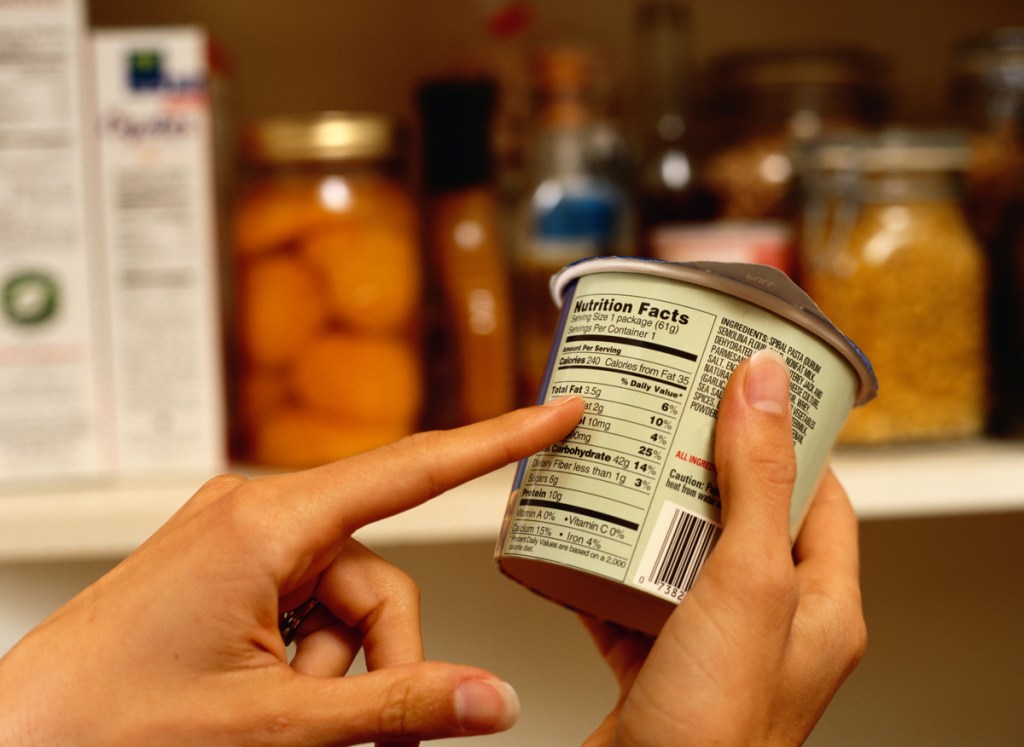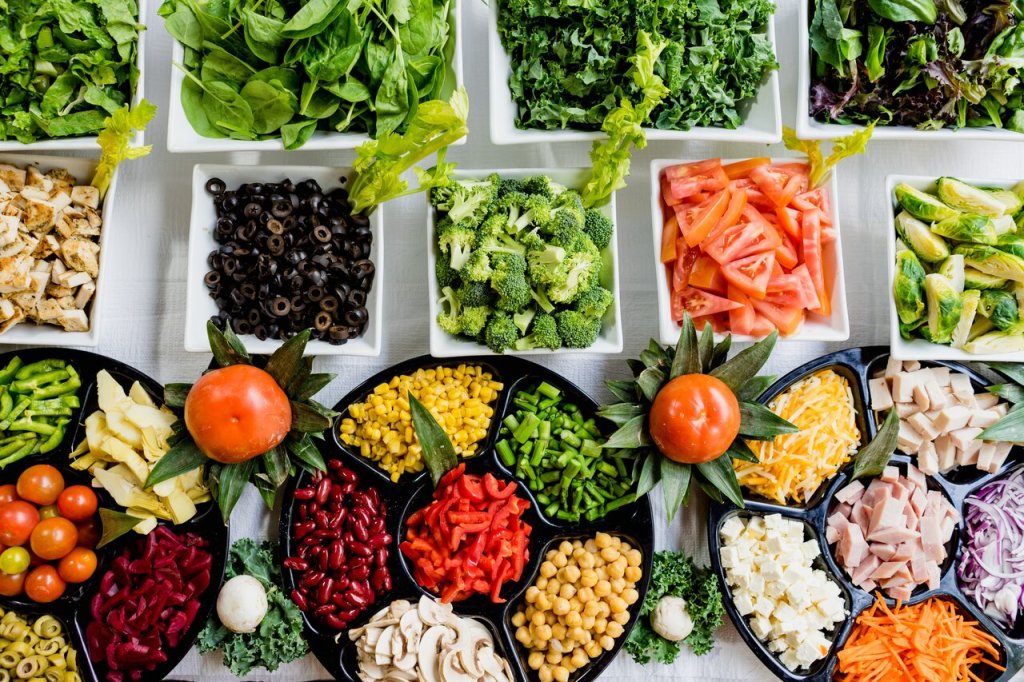Q: Hemp, hemp oil, full-spectrum hemp oil, CBD—what’s the difference?
A: Hemp products are nothing new to the natural foods industry. Oils from varieties of cannabis plants, including hemp, have been available for years. However, these have not necessarily had the cannabidiol (CBD) that many shoppers are looking for today.
To explain this, let’s start with the hemp plant. Hemp plants have oils that can be extracted and refined but may lose their CBD content in the refining process. What’s left is omega-heavy hemp oil. With the surge of CBD’s popularity, removing the CBD may not be desirable. If phytonutrients (chemical compounds produced by plants)—including CBD—are left in the oil, you have full-spectrum hemp oil. The CBD can also be separated from the oil and used by itself.
Q: Where does CBD stand from a legal perspective in food and beverage products?
A: Sales of items claiming to contain CBD have grown by over 1,200% in the last four years overall. In the past two years, the number of UPCs with CBD has grown 22% in the food and beverage category. All that said, The FDA has not approved CBD to be used in food and beverage products. It has yet to be listed on the FDA’s Generally Recognized as Safe (GRAS) list. This may come as a surprise since CBD-infused products can be found at major retailers across the nation.
The FDA’s reluctance to deem CBD safe has not stopped CBD infused food products from making their way onto the shelves.
CBD is legal in all states after the 2018 Farm Bill removed CBD from the Controlled Substances Act, but laws still differ state-by-state. States differ on the percentage of THC acceptable, CBD potency, form (flower, oil, edibles, etc.), and even the marketing terms used.
A few examples of state-specific laws include:
Oklahoma: You cannot use the term “marijuana” when describing CBD products.
Mississippi: CBD oil must have less than 0.3% THC levels as determined by the U.S. Food and Drug Administration (FDA), but medical patients are allowed higher concentrations up to 0.5%.
Wisconsin: CBD’s legal status conflicts with Wisconsin’s industrial hemp law. As a result, the Wisconsin Attorney General has advised law enforcement not to enforce the law as written, and CBD products can still be found for sale across the state.
All that said, The FDA has not approved CBD to be used in food and beverage products. It has yet to be listed on the FDA’s Generally Recognized as Safe (GRAS) list. This may come as a surprise since CBD-infused products can be found at major retailers across the nation.
The FDA’s reluctance to deem CBD safe has not stopped CBD infused food products from making their way onto the shelves.
Q: What is delta-8 THC? What types of products are using it?
A: Delta-8 THC is a psychoactive compound found in small amounts within the cannabis plant. It has a similar effect on the body to its isomer, delta-9 THC, which is the part of cannabis known to create the intoxicating “high” effect.
Delta-8 THC will also produce this “high” effect. Like CBD, delta-8 THC is not on the FDA’s GRAS list but can also be found in stores. Concerns have been raised by the FDA around impurities added to products because of the synthetic creation of delta-8 THC in potentially unsanitary settings.
The synthesis is often needed since the quantities of delta-8 THC in the hemp plant are low. Products that contain delta-8 THC most often also contain CBD and share the same categories and trends, for now.
Q: CBD is often associated with natural products. Do product ingredient statements typically reflect that?
A: While CBD and hemp are often used in natural formulations, we find an increasing number of products that are positioning themselves as a comfort or novelty product. These can often be found in the categories where comfort and novelty thrive, such as candy, soft drinks, and energy drinks.
These products can be found boasting mood enhancement and relaxation, or even recreation and partying. It’s not always about having the cleanest product, especially in the realm of comfort food. In fact, 41% of CBD containing products have an artificial ingredient.
Q: What trends are you seeing associated with CBD and cannabis products?
A: While not all CBD products have completely clean labels, they often focus on other concepts that mindful shoppers seek out.
We find that they are positioning themselves toward sustainable-focused shoppers 12.07% more than non-CBD products and make animal welfare claims 7.45% more than non-CBD products.
Pet care has the third-fastest growth rate at 177% compared to two years ago and 40% more UPCs. The number of UPCs that claim to contain CBD has expanded personal care (+61%) and vitamins (+31%) in the past two years as well.
Q: What categories do you see as opportunities or areas of growth for CBD?
A: Food, supplements, and personal care have all seen increases in CBD products, but rarely in the alcohol aisle, aside from a few non-alcoholic pairing items like bitters. We’ve talked about CBD and delta-8 appearing in food products without FDA clearance and alcohol products are taking a page out of that playbook. We’re seeing the fastest growth of CBD in alcohol products with 6,165% sales growth in the past two years and a 73% increase versus one year ago.
CBD products already boast mood enhancement and relaxation properties. With CBD’s association with recreation and partying, the ingredient was adopted in the alcohol aisle where these concepts are already prevalent. It’s possible more products could pop up that are recommended as cocktail mixers too, even if they don’t have alcohol in them.
Mixing a compound like delta-8 THC with alcohol could make for an intoxicating experience and may not be recommended for optimal health—but neither is recommended on its own, so what’s stopping these products from hitting the shelf?
Q: What attributes are available to customers now and are coming out soon regarding CBD?
A: You can find products that contain CBD ingredients and products that make CBD marketing claims in NielsenIQ Product Insight today. In the past five years alone, the product categories that claim to contain CBD have grown +242%. We plan to make delta-8 attributes available in 2022 as more products begin using this compound. There is still a lot of innovation happening in this space and the store is ripe for expansion. It will be very important to keep an eye on what’s happening over the next year.




